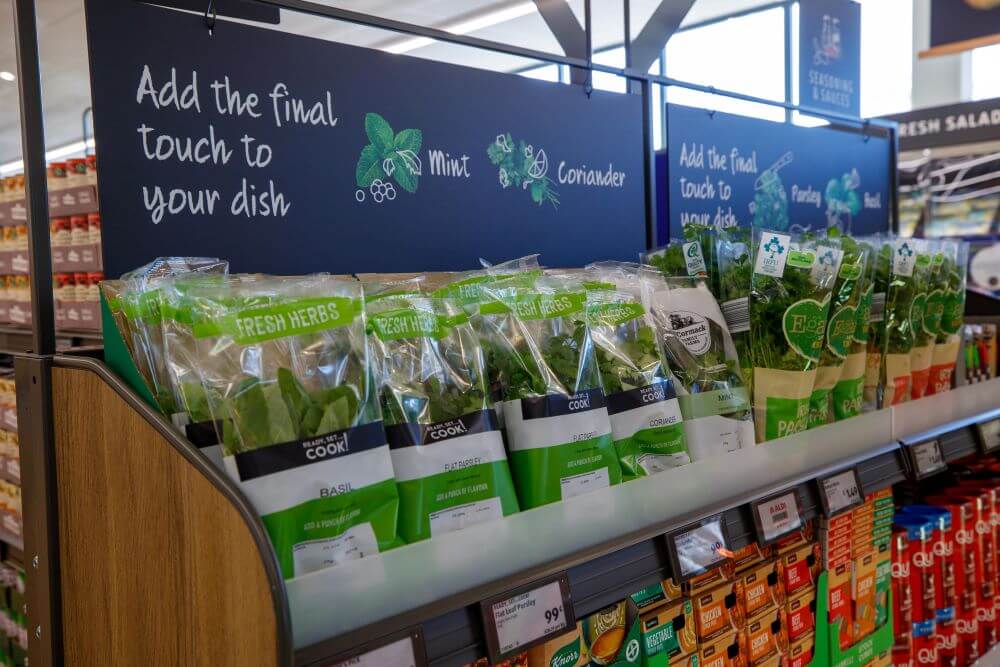Rising costs putting Irish businesses at risk of brand loyalty crisis, new research reveals.
More than four-fifths of Irish consumers (82%) and 76% in EMEA are less brand loyal than two years ago as rising costs have them searching for more affordable options.
The data was revealed by digital workflow business ServiceNow as part of its recent recent EMEA-wide research on consumer habits in today’s macroeconomic environment.
“Brands shouldn’t, and can’t, consistently compete on price alone – this isn’t sustainable for business”
The findings in Ireland are broadly consistent with the wider EMEA region but, in almost all areas, expressed a stronger sentiment. The vast majority of consumers (72%) in EMEA say that skyrocketing costs mean they are spending more.
In Ireland, this figure is 84%, second only to UAE, indicating attitudes toward price points have shifted more dramatically than in other European countries.
Customers now expect businesses to completely understand them as valued, paying customers and build long-term loyalty through personalised experiences such as custom discounts, recommended samples, and proactive service.
Be more than just a number
“Brands shouldn’t, and can’t, consistently compete on price alone – this isn’t sustainable for business. Instead, they need to look at what is most important for customers beyond price: good security hygiene and being able to provide agents that solve customer queries quickly,” said Mark Cockerill, VP, Legal at ServiceNow. “In Ireland, this is especially true. Our research shows Irish customers are even more discerning than their counterparts across the EMEA region.“
The survey, which asked 1,000 adults in Ireland and a further 12,000 in eight other countries in EMEA about their attitudes towards customer and employee experience, revealed how far customer perceptions and habits have shifted across the region and the factors impacting their loyalty.
- In Ireland, almost half (49%) say that needing a cheaper option is a reason for less brand loyalty– the highest proportion across all countries and well above the region total of 42%.
- Nearly a quarter (23%) of respondents in Ireland, compared to the EMEA-wide 20%, say that more competition is leading them to want to try new brands, products and services.
- Fifteen per cent in Ireland -14% across the whole of EMEA – say that disappointing experiences with companies have led to brand disloyalty—a figure which jumps to 20% for enterprise technology specifically.
- More than 9 out of 10 (93%) customers in Ireland, versus a regional average of 87%, say it’s important for a company to understand them.
- When it comes to offering personalised discounts, the Irish are one of the most demanding. Nine out of ten rates it as important, compared to 80% in the rest of the region. The same is also true for wanting to be offered samples and trials, 81% versus 73%, respectively.
Security-conscious consumers
In a year when new technologies such as ChatGPT have gained traction, consumers are more security and data-conscious than ever. Irish consumers are one of the most security conscious across the region.
Meaning companies in Ireland that fail to champion security practices have a higher risk of falling behind in the race to reinforce brand loyalty, regardless of industry. The survey found that security is now seen as the most crucial factor for customers in Ireland (78%) and the EMEA region (67%) when dealing with a company. In fact, data security outranks other factors like response times, seamless service, and choice of engagement methods.
- Data security was deemed more important than factors like response times (76% in Ireland; 58% across EMEA), seamless service (54% in Ireland; 46% across EMEA), and choice of engagement methods (56% in Ireland; 44% across EMEA).
- The over 55s are the most security conscious (99% in Ireland and 96% across EMEA feeling it’s important) vs 98% (94% across EMEA) of 35-54s and 93% (89% across EMEA) of under 35s.
Omnichannel services
It’s clear that consumers want companies to have a 360-degree view of their preferences– a notably strong sentiment in Ireland. In fact, 86% of Irish consumers would be more loyal to businesses that they feel understand them as a customer versus the average 77%.
The survey also highlights the importance of offering an omnichannel service to satisfy customers’ communication preferences. While email is the most preferred channel for communication, chatbots present a great opportunity to champion newer technologies within an omnichannel approach. Most (75%) Irish consumers would also be more loyal to those that invest in technology to offer better customer service.
In all regions:
- Customers prefer chatbots (10%) when dealing with consumer technology (vs enterprise technology), but email is by far the most preferred channel for communication (37%).
- When dealing with government services, nearly half (44%) of people prefer email as a communication channel, compared with 17% who would opt to deal with a call centre and 10% who like to use an app.
- Two-fifths (38%) in EMEA think retail provides the best customer experience compared to any other industry. Healthcare comes second (34%), and consumer technology (27%) follows.





